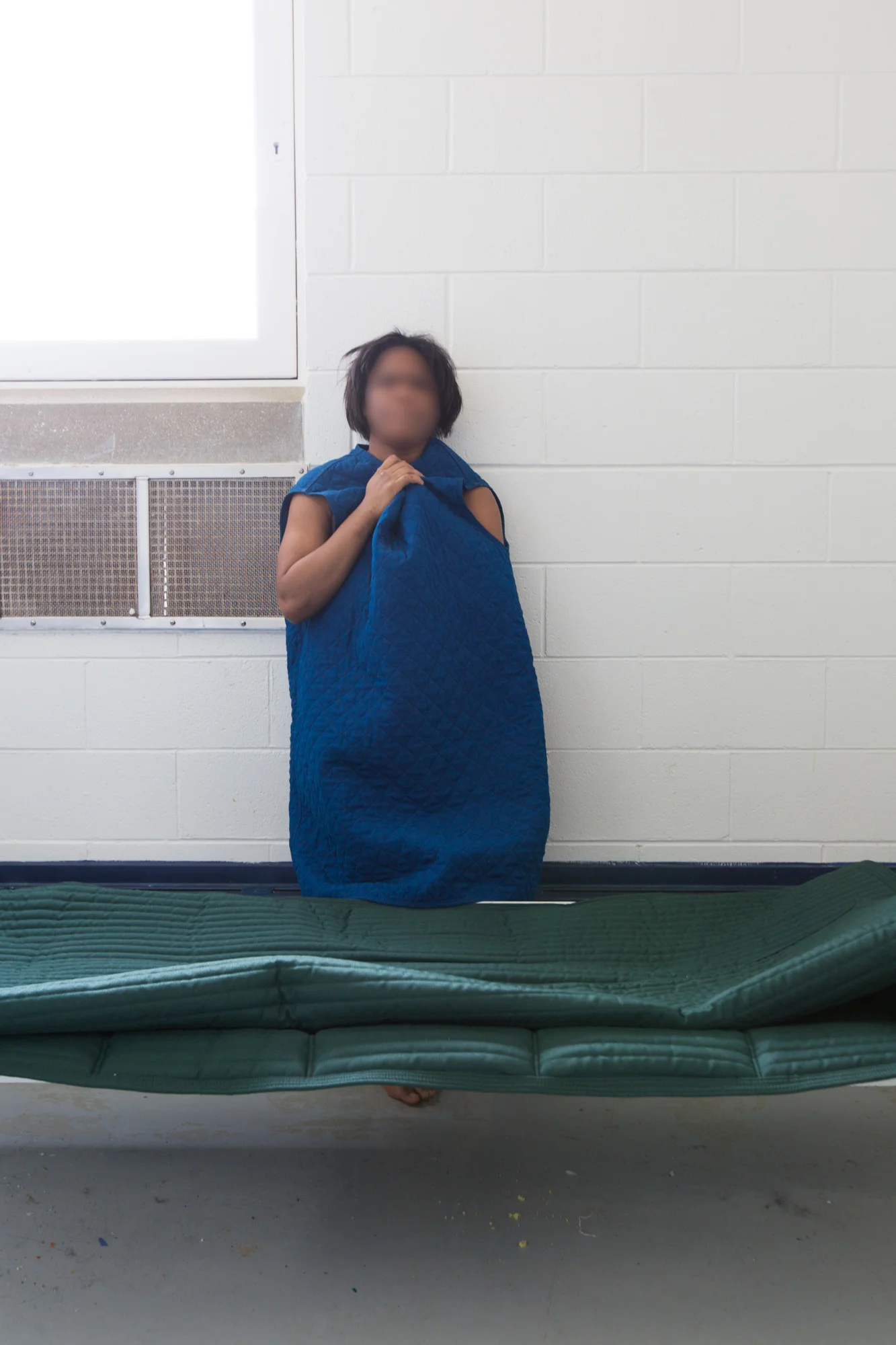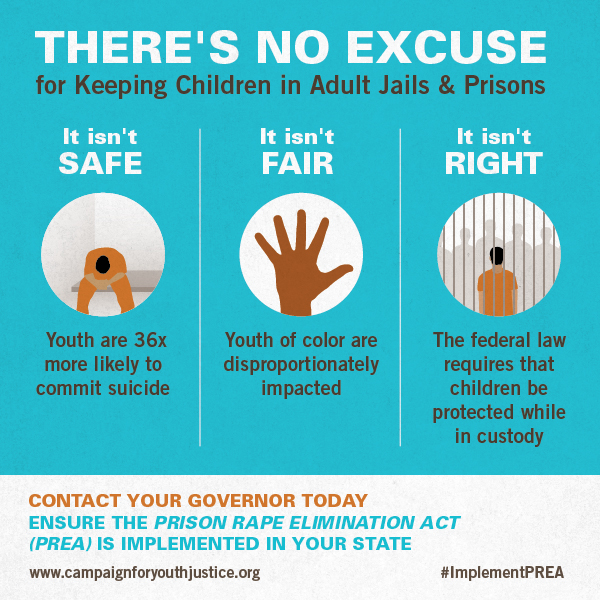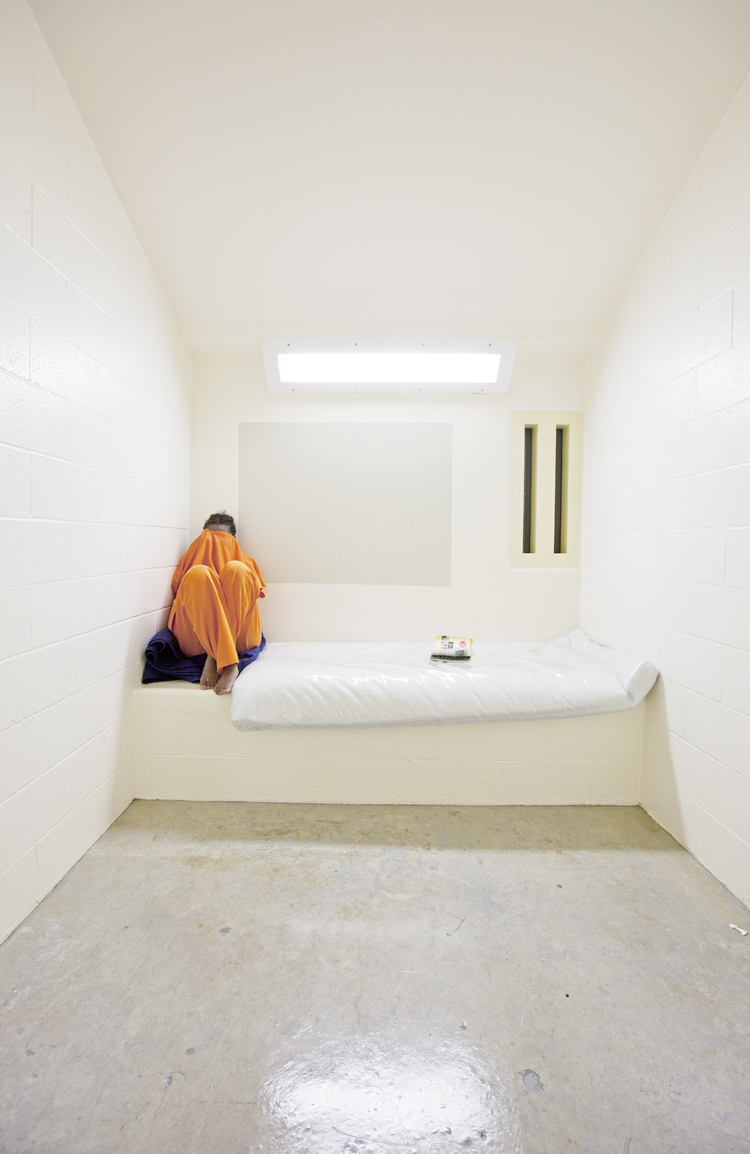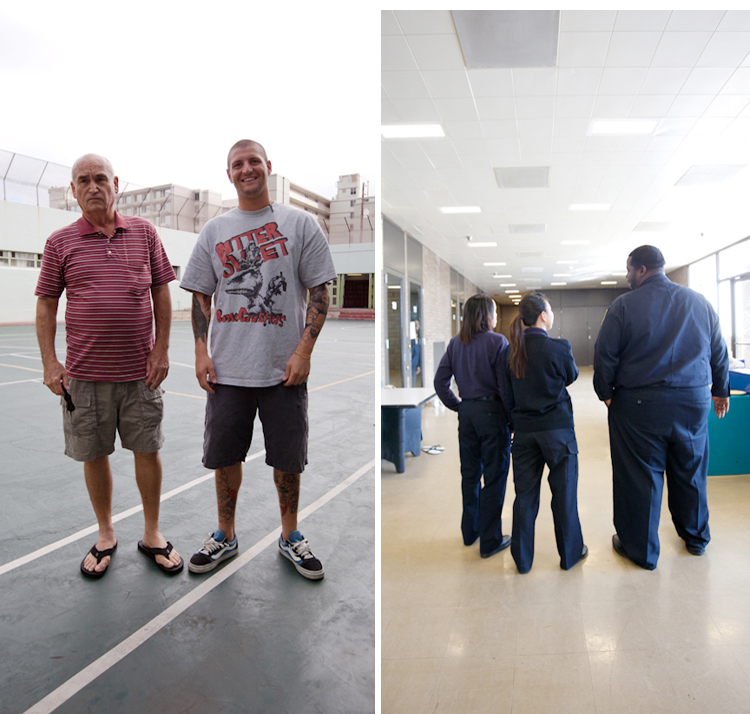This week, Juvenile In Justice concludes the features on two adults who spent much of their childhood lives in detention.
Jose Vidrio shares his experience of being in and out of the juvenile justice system and the conditions of confinement, and touches on his achievements as an adult now.
............................
by Jose Vidrio I was physically abused by my father. When I was young, my sister and I were always afraid of my father because we didn't know what mood he was going to come in. My Dad was this big macho guy that didn't like hugs and or kisses for his birthday or Father’s Day, especially coming from me. He thought that it was a gay gesture and if I attempted to do so, he would hit me of course. I can say that alcohol did play a big factor here; when my father was drinking his mood was unpredictable.
I started to get into trouble when I was 10 years of age. I did three months then because of tagging and refusing to give my name. I guess when my mother left my father I kinda took advantage and would leave the house a lot. When I was 12, I was arrested for armed robbery and did almost 2 years in Juvi. When I was 15, I was sentenced to 10 years and did 5 and 1/2. I came out when I was 21 years of age.
When I was in CYA, I was in isolation from 6AM to 10PM. They put me in a "cold room" with just my boxers on—there was no mattress, no sheets. All day I walked around the 8’x10’ room and did random workouts because the room was so cold. By the time that they put me back in my cell I was so tired that I just wanted to go to sleep. Sometimes the staff members would go inside when I was asleep and they would beat me before putting me in the cold room. Sometimes the staff members would put me with other rival gang members to fight in the rec room.
Sometimes the staff members would go inside when I was asleep and they would beat me before putting me in the cold room. Sometimes the staff members would put me with other rival gang members to fight in the rec room.
I guess that I can say that there was no love at home. My mother was always yelling and screaming at us. We didn't understand and take into consideration that she was going through a hard time divorcing my dad and she hid us while doing it for a while.
I lost my freedom in detention! I have learned that it is easier to mess up your background than it is to restore it. I also gained some knowledge about my history, family, and also graduated high school in there as well as doing my first communion. As far as the food, if we ever had meat, it didn’t taste like meat. We called it mystery meat because it tasted funny. We joked and said that maybe it was gopher meat because they had a big problem in the yard.
I lost my freedom in detention! I have learned that it is easier to mess up your background than it is to restore it.
I was just approved for a Certificate of Rehabilitation on Oct 8th and I am very excited about that. I currently work for a radiology company processing insurance claims and reconciliation from complicated claims. In April 2016, I will be graduating with my Bachelors of Business in Health Care Management.
I talk to all of my family, including my father and we talk good. I am not going to say that we have the best relationship but he is in our lives. I talk to family that I have never spoke to before. I am married and have been with my wife for 13, going on 14 years. I have 5 children that keep me busy and love them to death. And yes, I give them all kisses and hugs, both my boys and my girls.
—Jose Vidrio












